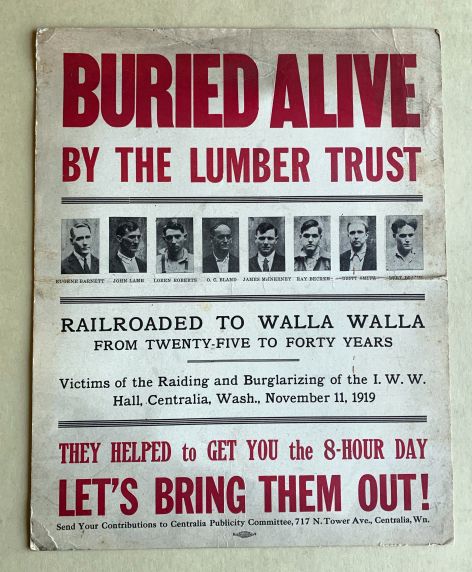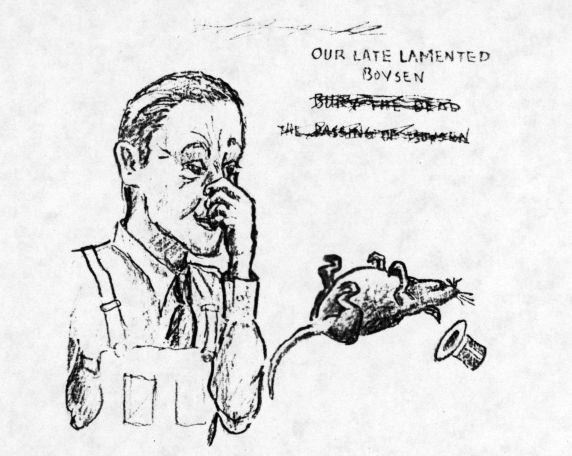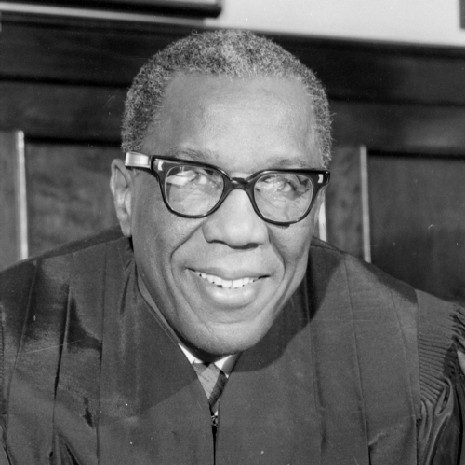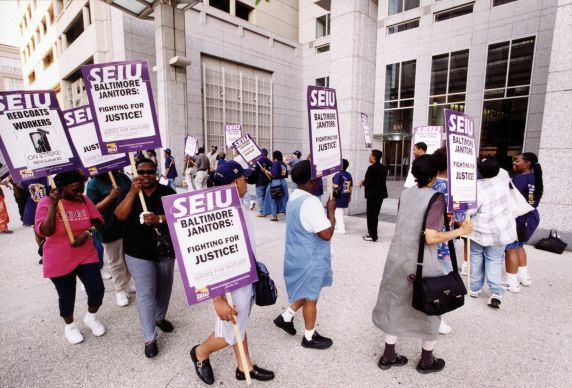Ahmed White explains how industrialists and government officials in the United States used violence and legal maneuverings to stultify the Industrial Workers of the World and silence its members in the early twentieth century. White teaches labor and criminal law at University of Colorado Boulder and is the author of Under the Iron Heel: The Wobblies and the Capitalist War on Radical Workers, which received the International Labor History Association Book of the Year Award in 2022.
Related Collections:
Industrial Workers of the World Records
Nicolaas Steelink Papers
Related Resources:
Under the Iron Heel: The Wobblies and the Capitalist War on Radical Workers
Episode Credits
Producers: Dan Golodner and Troy Eller English
Interviewee: Ahmed White
Music: Bart Bealmear
Podcast: Play in new window | Download | Embed
Subscribe: Apple Podcasts | Spotify | Android | Podchaser | RSS | More





